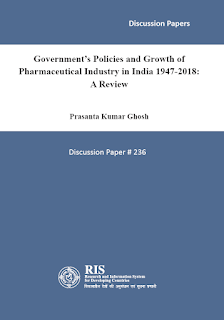Best Student Research Paper Award 2019
IFLA/DE GRUYTER
DOI 10.1515/libri-XXXXXX
Since 1950, through 67 volumes, Libri: International Journal of Libraries and Information Studies has been a leader among scholarly journals in the international library and information science world. As part of its strategy to remain one of the premier library and information science journals, Libri is issuing a call for "Best Student Research Paper of 2019." This competition supports Libri's goal of publishing the best articles from the next generation of library and information science professionals. We are proud once again to recognize the very best article with this special award.
Students who are currently enrolled for a Masters or PhD or who have completed their Masters or PhD during the 24 months preceding the closing date of the competition[1] are invited to submit articles with clarity and authority. There is no stated theme. Research papers should address one of the significant issues facing today's librarians and information professionals. Case studies, best practices, and pure research papers are all welcome.
- Length: approx. 5,000 – 7,000 words (excluding the abstract and list of references)
- Language: English
- Deadline: June 30, 2019
The best paper will be selected by an independent panel consisting of selected members of the Editorial Board, the Advisory Board and other international experts. Submissions will be judged on the basis of
- originality of thought and observation
- depth of research and scholarship
- topicality of problems addressed
- the international readership of the journal
- the quality of the composition
The article will be published in the 2019:4 issue. The author of the winning article will be honoured with an award of 500.00 € and with a complimentary subscription to Libri for 2020.
Manuscripts should be submitted to http://mc.manuscriptcentral.com/libri. When submitting a paper for the Best Student Research Paper Award, please choose "Best Student Research Paper Award" at the drop-down menu "Manuscript Type." Author instructions and further indications of the scope of papers suitable for publication in Libri are available at the Libri site at http://www.degruyter.com/view/supplement/s18658423_Instructions_for_Authors_en.pdf.
All submissions should include a cover sheet confirming:
- the name of the institution where the student is or was enrolled
- the degree for which the student is or was enrolled
- the dates when the student is or was enrolled
- the degree/course/module for which the paper was prepared
- the date when the paper was written
[1] Exception: Senior information scholars returning to school for additional degrees outside the field of library and information science are not eligible for this award.













